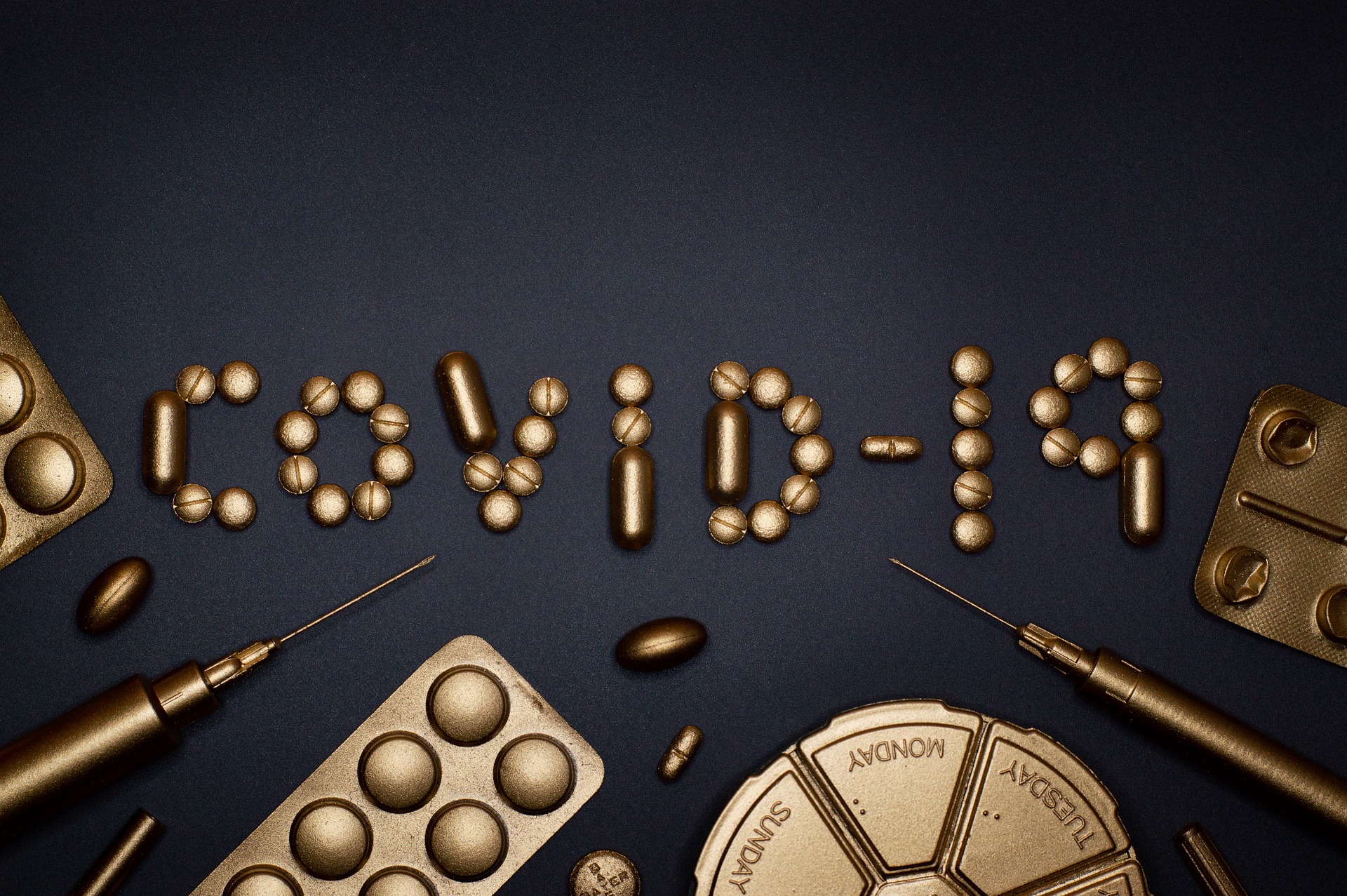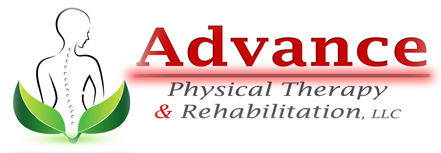
26 Jul Why Physical Therapy Is Critical During COVID-19 Pandemic
Although you might imagine that you’d see a primary care physician, emergency room doctor, or pulmonologist if you had COVID-19, other healthcare professionals should make up your team. Physical therapists can help you regain lung function and restore your health. They’re essential for the recovery process. This is especially true if you have had a moderate or severe case of the virus.
COVID-19 generates a wide range of symptoms, from minor discomfort to pneumonia. The virus can affect anyone, and it can be almost invisible or debilitating. If you think that you may have COVID-19, you should contact your primary physician. That medical professional may recommend that you visit an urgent care center. Urgent care and hospitals are equipped to handle mild to severe cases of the virus.
Recovery from coronavirus can take a long time. Different issues may crop up, making you uncomfortable and impacting your quality of life. You may need a team of healthcare professionals to help restore your health. Physical therapists are working with patients that are undergoing treatment for COVID-19 as well as those that are recovering.
How Does COVID-19 Affect the Body?
COVID-19 usually causes respiratory symptoms. All coronaviruses cause infections in the nose, sinuses or throat. While most viruses within this family aren’t dangerous, COVID-19 is more severe.
COVID-19 can generate an infection in the upper or lower respiratory tract. It has the ability to impact the sinuses, throat, nose, windpipe or lungs.
Some of the most common symptoms of the virus include:
• Fever
• Cough
• Sore throat
• Shortness of breath
• Trouble breathing
• Loss of taste or smell
• Lasting chest pain or heaviness
• Chills
• Body aches
Some of the more serious complications include septic shock, pneumonia and a cytokine storm. Some people with the virus have experienced strokes.
Recovery from COVID-19
More than 50 percent of the patients who make it out of ICU treatment for COVID-19 will have ongoing issues. Post-intensive care syndrome, or PICS, is a condition that affects people who are recovering from serious illnesses that have caused them to spend time in the ICU.
About 85 percent of the patients that leave the ICU go home immediately. Many of them continue to have physical, mental and emotional symptoms that affect their quality of life. People with PICS may not return to their previous level of function for weeks or months. Some may take years to fully recover.
Although we don’t know what will happen with COVID-19 patients because the illness has not been around long enough for us to study its long-term effects, we do know that many patients need cardiac and respiratory rehabilitation after they return home.
Types of Physical Therapy Associated With COVID-19
There are many reasons that a patient might require physical therapy during their recovery from coronavirus. Some individuals may need help breathing normally after contracting the illness. Others might require assistance with physical activity.
Pulmonary Rehabilitation
Pulmonary rehabilitation helps restore lung function. It may involve exercise, education and breathing techniques. This type of physical therapy can help you breathe more easily. When you can inhale and exhale efficiently, you oxygenate your system. In turn, your organs and brain function better, and you have more energy.
Breathing problems can affect everything from your daily tasks to your social life. Pulmonary rehabilitation can help you gain strength, confidence and comfort. It can reduce pain in your chest and allow your body to use oxygen more efficiently. When you regain lung function, you feel better as you go about your day.
The approach to pulmonary rehabilitation that your therapist will use depends on your health, age, medical history and other health conditions. Other members of your healthcare team may provide psychological and nutritional counseling to round out your recovery.
Cardiovascular Rehabilitation
Many people are aware that coronavirus affects the lungs. But it also impacts the heart. This illness can reduce heart function due to inflammation or a viral infection in the heart.
COVID-19 can cause arrhythmias, or irregular heart rate patterns. It can also cause heart failure if the organ’s muscle doesn’t pump blood efficiently. Some cardiovascular problems are directly related to coronavirus, while others are caused by medications. The risk of having heart issues from the virus is higher for people with prior cardiovascular conditions.
Restoring Mobility After COVID-19
Even if you don’t end up with heart or lung problems, you might feel weak after a stint in the ER or 10 days of bed rest followed by a 14-day quarantine. It’s important to stay active to keep your immune system healthy, but what if you can’t get up and going after you have recovered from the illness? A physical therapist can help ease any discomfort that you may have and teach you how to improve your strength, agility and balance.
This is especially important for elderly people, who can have a hard time bouncing back physically after a severe injury. Regaining strength and mobility can help them get back to their regular routine without pain or fatigue.
A physical therapist can also help prevent the virus from attacking the lungs. When you feel sick, you usually don’t want to move around much. But staying sedentary can cause the virus to take hold in the lungs. Even just moving at a moderate intensity can stave off pneumonia.
Many exercises will make you cough if you have the virus. A productive cough can move mucus and keeps the germs flowing.
In the earliest days of the pandemic, people who became ill were isolated in their homes and beds. Experts now realize that some patients would have fared better if they had been allowed to move.
Any time you’re recovering from an illness or injury, you should pay attention to your body as a whole. Strengthening your muscles, maintaining your flexibility, enhancing cardiovascular function and keeping your blood pumping can enhance the healing process. Contact Advance Physical Therapy and Rehabilitation to find out how we can help you if you are dealing with COVID-19.




Sorry, the comment form is closed at this time.